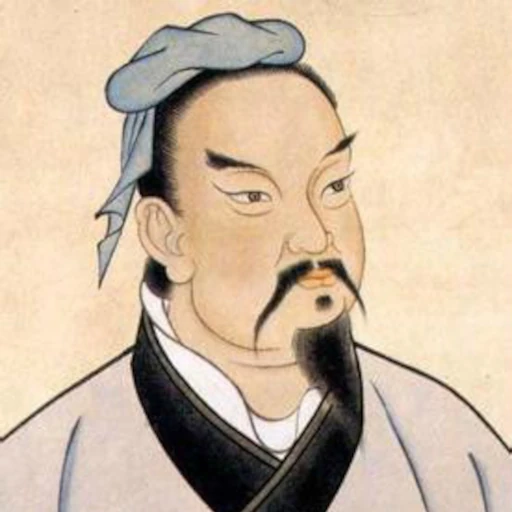“To fight and conquer in all our battles is not supreme excellence; supreme excellence consists in breaking the enemy’s resistance without fighting.”

- 544 BC-496 BC
- Born in China
- Military strategist, military strategist
- Wrote “The Art of War” by Sun Tzu, establishing it as a classic of strategy and tactics
table of contents
Quote
“To fight and conquer in all our battles is not supreme excellence; supreme excellence consists in breaking the enemy’s resistance without fighting.”
Explanation
Sun Tzu argues that true strategic excellence lies not in overcoming the enemy through force but in subduing their will to fight altogether. The greatest victory, according to Sun Tzu, is one where the enemy is either coerced into surrendering or so thoroughly disrupted that they are unable to resist, without a single blow being struck. This could be achieved through psychological warfare, diplomacy, or economic pressure—all of which lead the enemy to collapse or retreat without the need for direct confrontation. Sun Tzu’s view emphasizes that the most efficient victories come when the enemy’s morale or resolve is broken, rather than relying on sheer military strength. This principle stresses the importance of indirect action, where the victor uses their mind as much as their might to achieve their goals.
This concept remains relevant in modern warfare, business, and international diplomacy. In business, companies often seek to outmaneuver their competitors by outsmarting them rather than engaging in direct competition. For instance, Apple disrupted the smartphone market not just through superior technology but by creating a whole ecosystem that made it hard for competitors to compete on all fronts simultaneously. In international relations, nations engage in economic sanctions, diplomatic isolation, or cultural influence to undermine the power of adversaries without ever resorting to open war. Sun Tzu’s principle can be seen in trade wars, where one country can bring an adversary to its knees through economic leverage. In sports, psychological tactics such as mind games or creating confusion about strategy can break the confidence of opponents, leading them to self-sabotage without a single physical confrontation.
Historically, commanders who have excelled at breaking the enemy’s will without fighting are often regarded as the greatest strategists. For example, Hannibal during the Second Punic War used deception, diplomacy, and psychological tactics to weaken Rome without directly attacking it at every turn. Genghis Khan, too, used terror and fear as psychological tools to break the spirit of entire civilizations before even fighting them. In World War II, the Allies used misinformation, deception, and strategic diplomacy to confuse the Axis powers and gain crucial advantages without direct confrontation, such as in the D-Day deception operation. Napoleon Bonaparte often won battles before they began by undermining enemy morale or by using the threat of force to pressure his opponents into submission. Sun Tzu’s emphasis on undermining resistance without fighting is a timeless strategy, highlighting that intelligence, psychology, and strategy are often more powerful than sheer military might.

